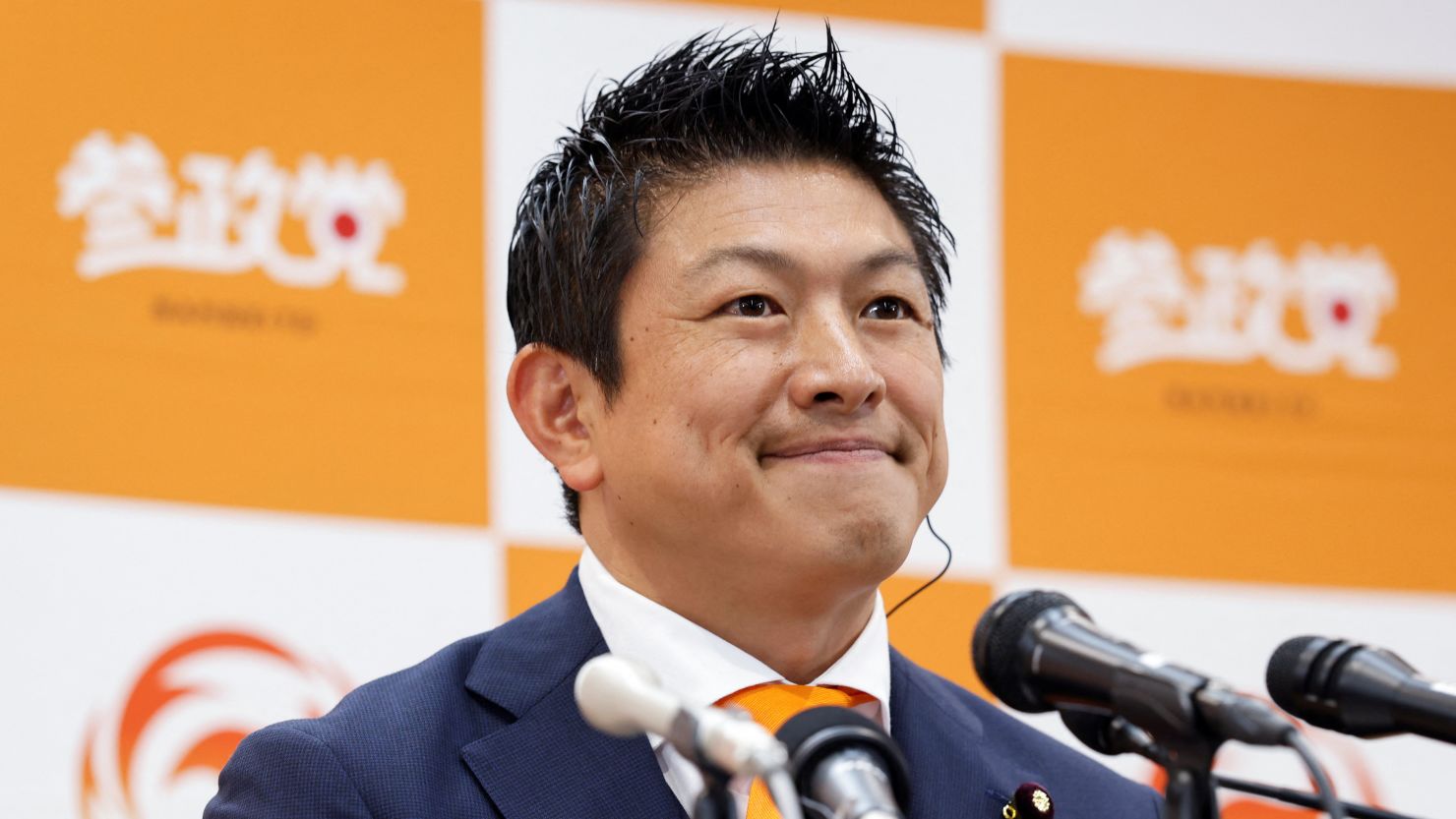Articles in this Cluster
21-07-2025
Japan's ruling coalition, led by Prime Minister Shigeru Ishiba, lost its majority in the upper house election, winning 47 seats out of 248, despite Ishiba's vow to stay on. The loss is attributed to voter frustration over rising prices, US tariffs, and a string of political scandals. The main opposition party, Constitutional Democratic Party, came second with 22 seats, while the right-wing Sanseito party won 14 seats, drawing conservative votes with its anti-immigration rhetoric. Ishiba's decision to stay on may destabilise the government during US-Japan trade negotiations, and a change in leadership within the ruling party could lead to political drama.
21-07-2025
Japan's Sanseito party, a right-wing populist group founded by Sohei Kamiya on YouTube in 2020, won 14 seats in the country's upper house election, a significant increase from its previous single seat. The party's "Japanese First" campaign, which focused on issues like overtourism and immigration, resonated with voters frustrated with stagnant wages, high inflation, and the influx of foreign residents. Sanseito's platform includes caps on foreign residents, stricter immigration policies, and greater defense capabilities. The party's success puts pressure on Prime Minister Shigeru Ishiba and his ruling Liberal Democratic Party, which has lost its majority in both houses. Ishiba has resisted calls to resign and plans to continue ruling with his coalition partner.
21-07-2025
Japanese Prime Minister Shigeru Ishiba's coalition failed to win a majority in the upper house election, securing only 47 seats out of 50 needed, while the far-right Sanseito party made strong gains, winning 14 seats. Despite the result, Ishiba vowed to remain as leader, citing ongoing tariff talks with the US and rising consumer prices as reasons to continue in office. The election result weakens his minority administration, which lost the more powerful lower house in October. The Sanseito party's "Japanese first" message resonated with voters frustrated by the mainstream parties' response to inflation.
21-07-2025
Japanese Prime Minister Shigeru Ishiba will continue to serve despite his ruling coalition failing to secure a majority in the upper house of the Diet, citing the need to tackle challenges like inflation and a tariff deal with the US. The coalition lost three seats shy of maintaining a majority, leaving it a minority in both houses, and faces an August 1 tariff deadline with President Donald Trump, amid rising prices and stalled trade talks.
